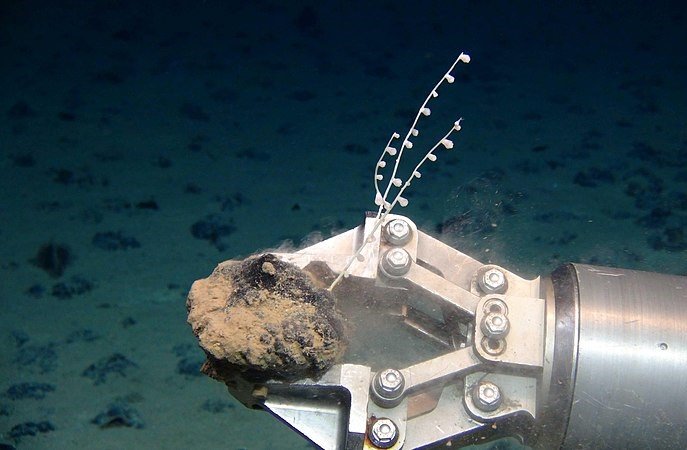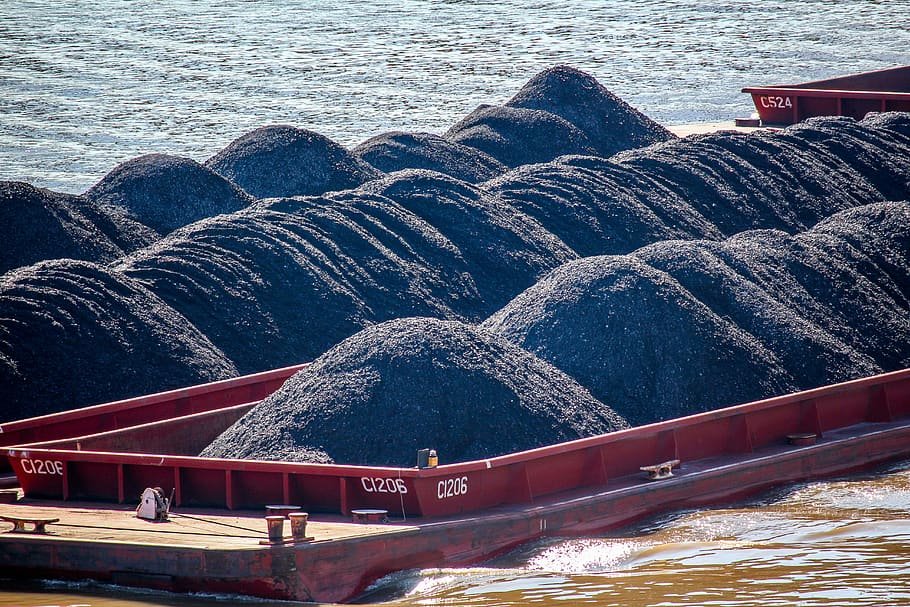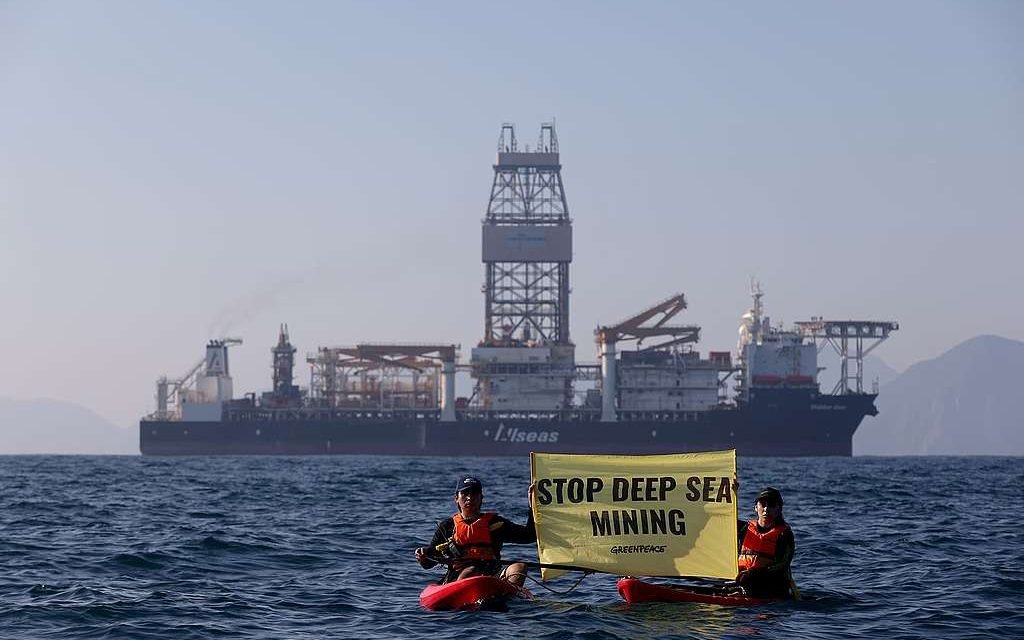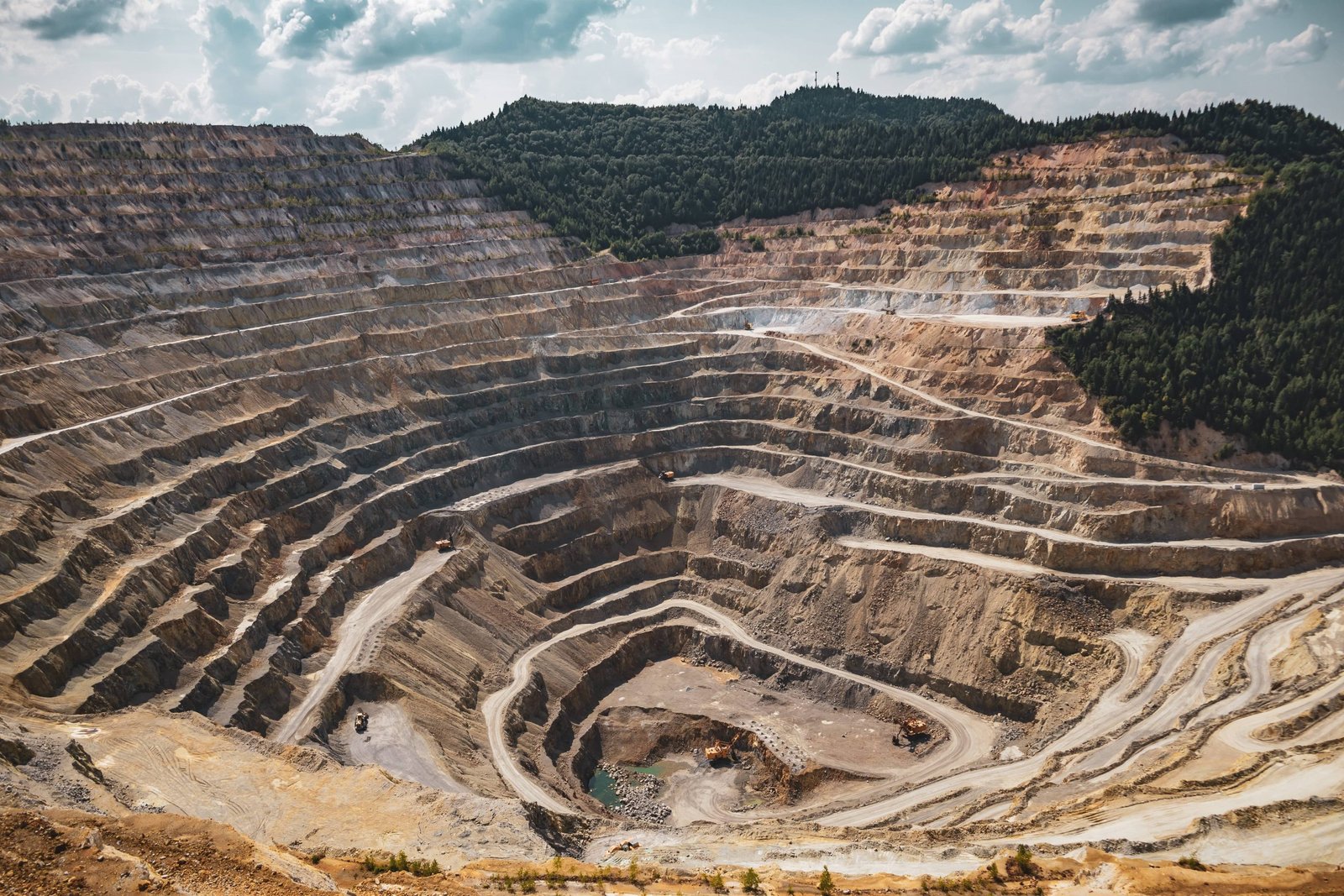A recent study has uncovered alarming evidence that deep-sea mining is leading to a significant decline in marine animal populations.
The impact of this controversial industry on marine life appears to be far more extensive than previously anticipated.
The study, published in Current Biology, examined the ecological effects of drilling tests conducted in Japan in 2020. These tests marked Japan’s first successful extraction of cobalt crusts from deep-sea mountains.

Photo: GEOMAR’S JPIO Mining Impact Project
Just a year later, researchers observed a distressing drop in marine life, including fish and shrimp, at the mining site.
What’s more, the density of these species had plunged by more than half in areas beyond the immediate impact zone.
Travis Washburn, an ecologist from the Geological Survey of Japan and the study’s lead author, highlighted the significance of these findings.
Washburn emphasized the need to expand our understanding of the impact of deep-sea mining.
“There are major consequences if we assume that certain sites remain unaffected when, in reality, they are being indirectly impacted by mining activities,” stated Washburn.
He cautioned against the misconception that mining only affects the immediate deposition areas, explaining that the overall impact would be much broader if marine animals fled from the outskirts of these zones.
Washburn also expressed concerns about the rush to exploit the seabed and emphasized that it could take decades before we fully comprehend the extent of the industry’s impact on marine life.

Unfortunately, the International Seabed Authority and its 168 member countries are yet to establish comprehensive regulations to govern deep-sea mining.
The recent failure to meet the July 9th deadline for adopting new regulations or considering mining contracts under existing laws raises alarm, as commercial deep-sea mining could now proceed without clear guidelines.
This raises serious concerns about the future of marine ecosystems and the potential long-term consequences of unregulated mining activities.
Washburn urged decision-makers to make responsible choices by leveraging existing data and exercising caution.
While many uncertainties remain regarding the effects of deep-sea mining, Washburn stressed that it may take decades to answer crucial questions about its impact on marine life.
As the world grapples with the imperative for sustainable resource extraction, these findings underscore the urgent need for comprehensive regulations prioritizing protecting marine ecosystems.
Without adequate safeguards, the repercussions of deep-sea mining on our delicate underwater world could be irreversible.










